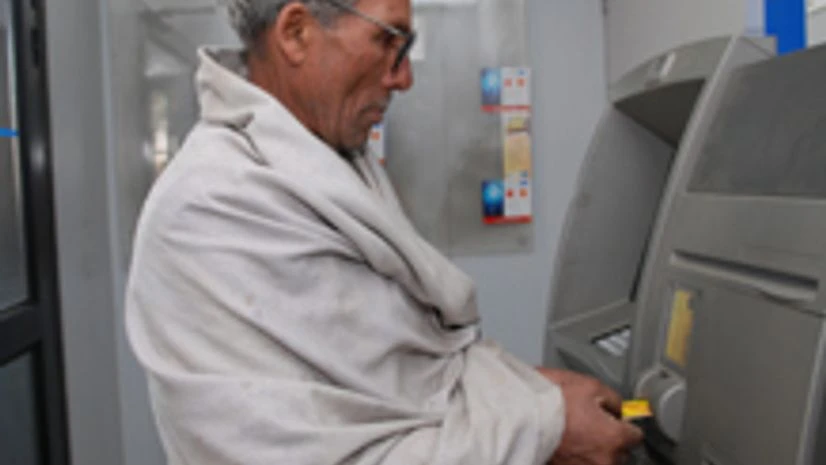Owing to improvements in health care, the number of senior citizens in India is growing. Today we have around 10.5 crore senior citizens (those above the age of 60) and more than 1 crore very senior citizens (those above 80). The government provides a number of additional tax benefits to them to minimise their tax burden.
Before we turn to the benefits, note that even if a citizen reaches the age of 60 or 80 on the last day of the financial year, he qualifies for the relevant benefits.
The foremost advantage that the government gives to the elderly is on the basic exemption limit, which is Rs 2.5 lakh for ordinary citizens but is Rs 3 lakh for senior citizens and Rs 5 lakh for very senior citizens. Senior citizens can also avail of higher benefits under Section 80D, given on health insurance premium paid. While for ordinary citizens this deduction is capped at Rs 25,000, for senior citizens it goes up to Rs 30,000.
More From This Section
Another deduction that senior citizens can avail of is under Section 80DDB. It allows all citizens to avail of deduction on expenditure incurred on the treatment of specified ailments. While ordinary citizens can avail of a deduction of Rs 40,000, for senior citizens the government has hiked the limit to Rs 60,000 and for very senior citizens to Rs 80,000.
Ordinary taxpayers have to pay advance instalments. This does lead to some amount of procedural hassle. Senior citizens don’t have to pay this tax unless they have business or professional income.
“They can pay their entire tax liability at one go at the time of filing their return and they don’t have to pay any interest for non-payment of advance tax,” said Surana.
Nowadays, the government has made electronic filing of tax return mandatory for all citizens who have an income of more than Rs 5 lakh or are eligible for a refund. Very senior citizens have been exempted from this requirement unless they have business or professional income.
Having tax deducted at source and then claiming it back from the IT Department takes time. Senior citizens can avoid tax deduction at source (TDS) on both interest earned from bank deposits and on rental income by giving a declaration in Form 15H. One condition is that they must have income below the taxable limit. Since the basic exemption for senior and very senior citizens is higher than for younger citizens, they have a greater chance of availing of this facility.
Senior citizens have also been provided a benefit related to non-clubbing of income. Suppose that a senior citizen is in the highest tax bracket of 30 per cent. He can give a gift to a child who is not a minor and their income will not be clubbed.
The opposite also holds true. If the son or daughter is a major and is in a higher salary bracket than the parent, the former can gift money to the latter. Again there will be no clubbing of income. One final benefit relates to reverse mortgage.
“Income earned by a senior citizen by way of an annuity arising from a reverse mortgage scheme is not taxable in their hands. Any lump sum received too is also not taxable,” said Arvind A Rao, financial planner and founder, Arvind Rao & Associates.
ALSO READ: Be wary of fake I-T refund emails
ALSO READ: Filing tax returns on time has benefits

)
